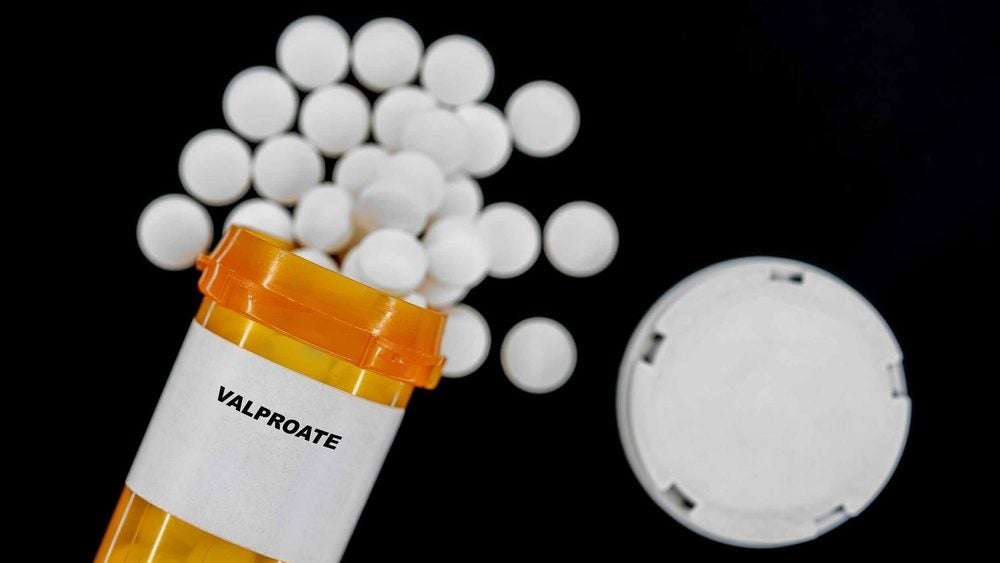UK MHRA announces new data flagging potential valproate risks
16 Jan 2024
Clinical ResultPatent Infringement

Preview
Source: Pharmaceutical Technology
A new study highlights that 5 out of 100 children born to fathers treated with valproate during conception were diagnosed with a neurodevelopmental disorder. Credit: luchschenF via Shutterstock.
A recent study, commissioned by the European Medicines Agency, has raised flags regarding potential heightened risks of neurodevelopmental disorders in children fathered by men on valproate around conception.
The study indicates that approximately five out of 100 children born to fathers treated with valproate during conception were diagnosed with a neurodevelopmental disorder, in contrast to three out of 100 children whose fathers were on Lamictal (lamotrigine) or Keppra (levetiracetam), two other anti-seizure medicines.
The study was resubmitted in August after the trial sponsor, Sanofi, revealed errors that could impact the results. The regulatory authorities are scrutinising the revised study results with forthcoming guidance for patients and healthcare professionals in the pipeline from the Commission on Human Medicines.
UK regulators initially recommended strengthened safety measures for valproate, setting them for implementation in January 2024. These measures include restrictions on initiating valproate in new patients under the age of 55 unless there are no other effective treatments or compelling reasons to justify its use.
The UK Medicines and Healthcare products Regulatory Agency (MHRA) published guidance in October 2023, introducing original pack dispensing on medicines containing valproate, informing patients about the risks to an unborn baby.
Sanofi’s Depakine (sodium valproate) is a drug used to treat conditions such as epilepsy, migraine, and bi-polar disorder. The drug works by affecting certain neurotransmitters in the brain, helping to control seizures. The drug has been linked to an increased risk of birth defects and developmental issues in children when taken by pregnant individuals.
In May 2022, a French court ordered Sanofi to pay more than $400,000 in damages to a family that were not made aware about the potential for birth defects related to its drug Depakine. The case involved a child whose autism was said to be linked to the mother taking the drug during pregnancy. The court ruled Sanofi at fault due to inadequate labelling information for Depakine.
In 2020, Sanofi was hit with a formal investigation regarding manslaughter charges for the death of four babies, whose mothers took Depakine during their pregnancies. The company denied the charges at the time and said it would challenge the findings of the investigation.
For more details,please visit the original website
The content of the article does not represent any opinions of Synapse and its affiliated companies. If there is any copyright infringement or error, please contact us, and we will deal with it within 24 hours.
Organizations
Indications
Targets
-Hot reports
Get started for free today!
Accelerate Strategic R&D decision making with Synapse, PatSnap’s AI-powered Connected Innovation Intelligence Platform Built for Life Sciences Professionals.
Start your data trial now!
Synapse data is also accessible to external entities via APIs or data packages. Leverages most recent intelligence information, enabling fullest potential.




